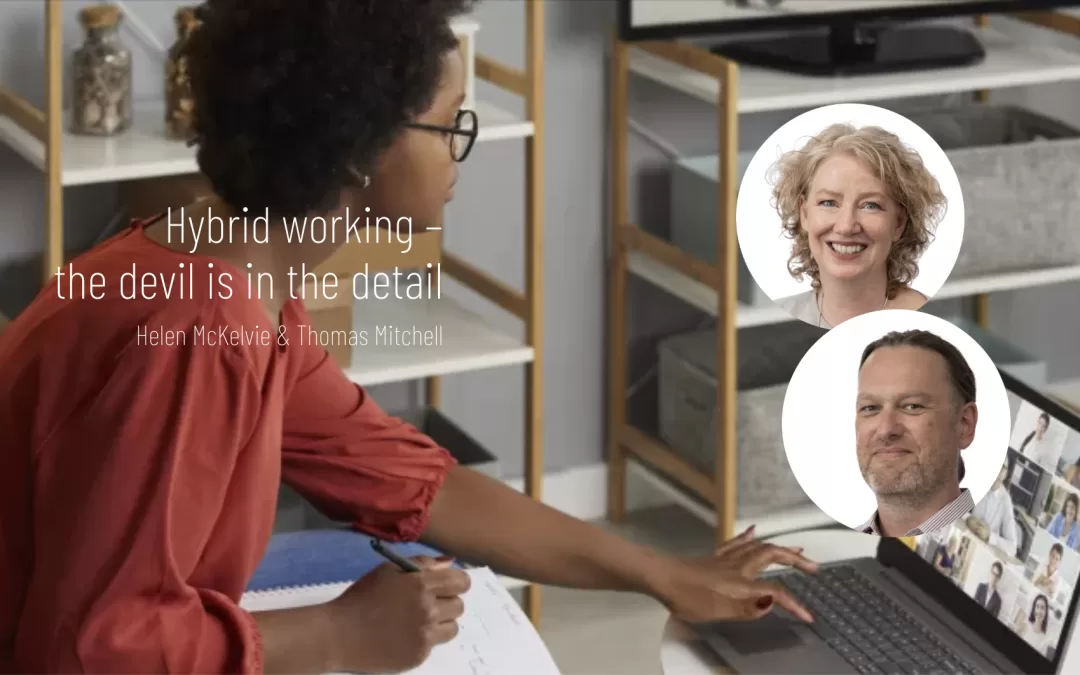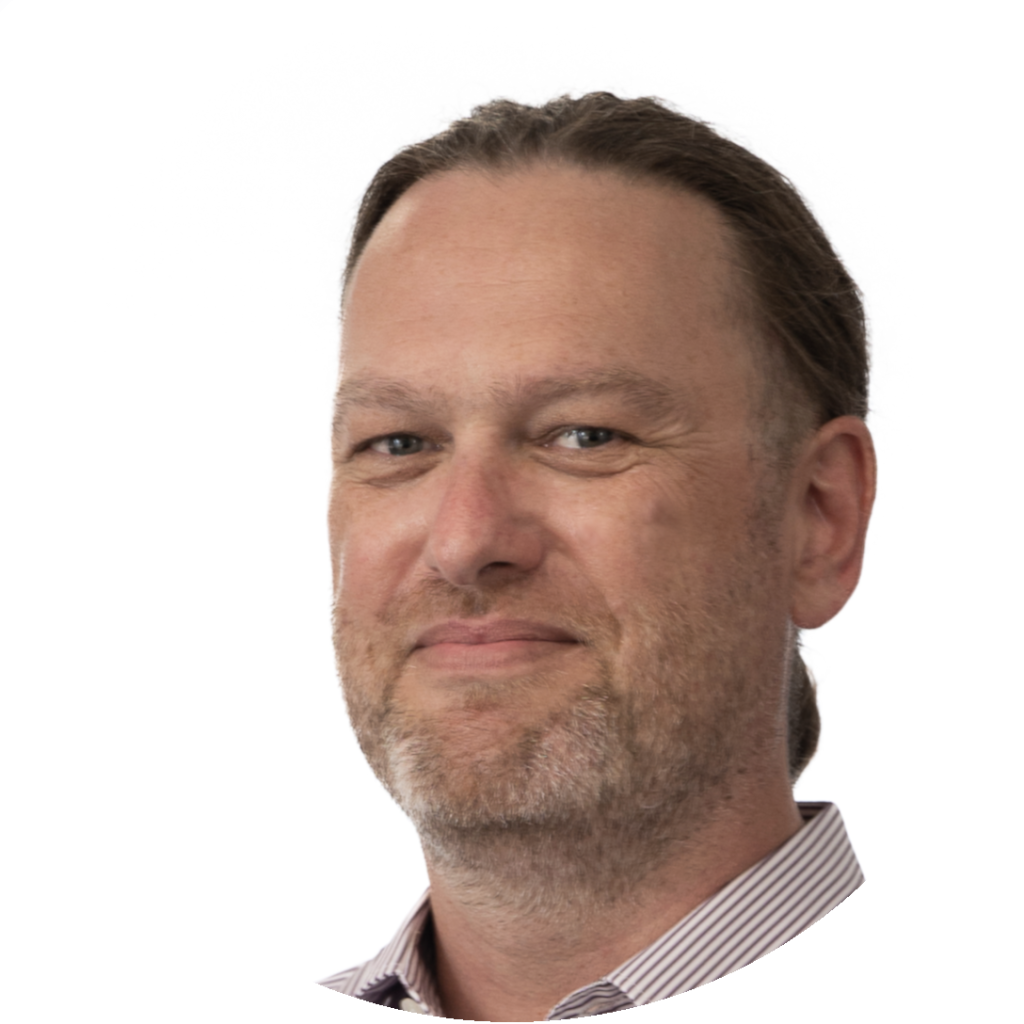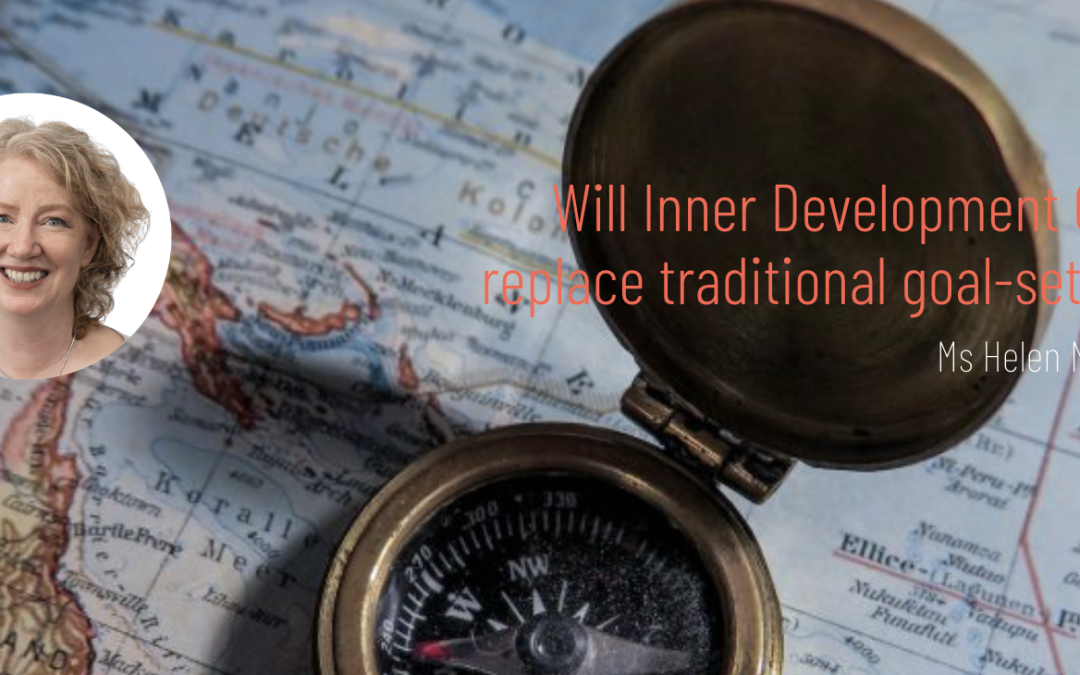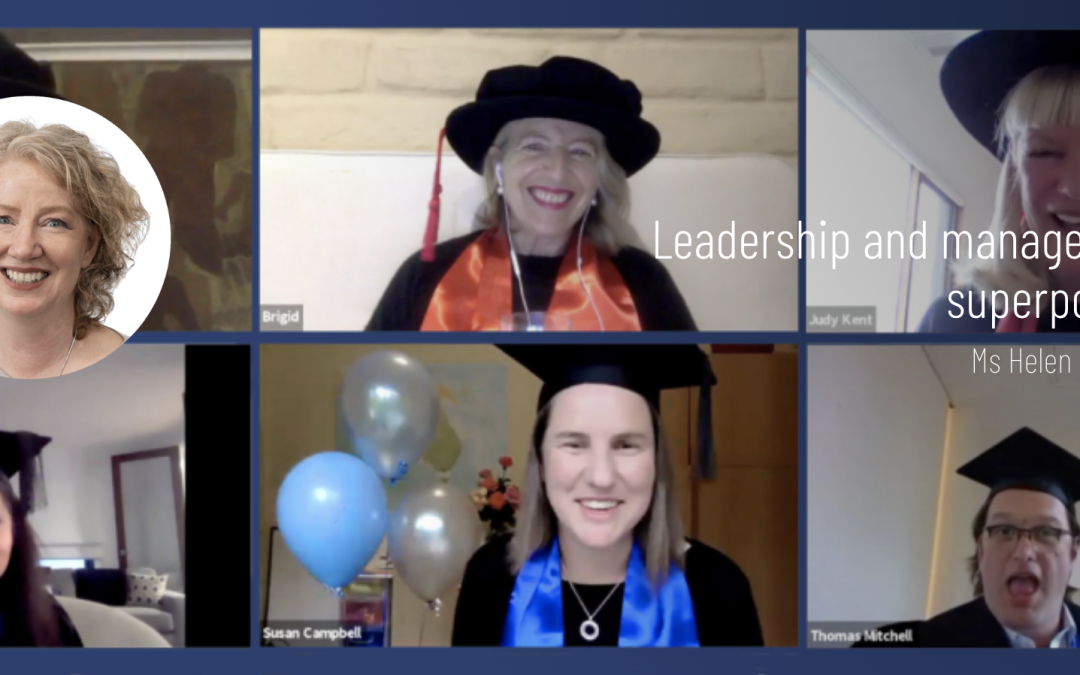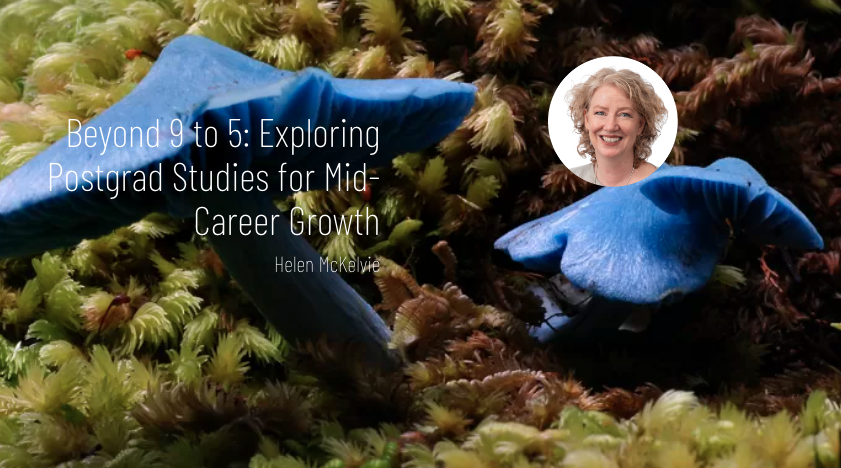
Beyond 9 to 5: Exploring Postgrad Studies for Mid-Career Growth
Beyond 9 to 5: Exploring Postgrad Studies for Mid-Career Growth
Helen McKelvie

In the realm of professional advancement, a growing number of mid-career professionals are embarking on a transformative journey—the pursuit of postgraduate study. But what drives these individuals, in their 30s, 40s, or older, to invest their time, finances, and energy into furthering their education? Let’s delve into the motivations behind this life changing decision, drawing insights from their unique experiences and perspectives.
Career Advancement: The Driving Force Behind Mid-Career Postgraduate Study
For many mid-career professionals, the decision to pursue postgraduate study is deeply rooted in aspirations around career advancement. Having already established themselves in their respective fields, they see further education as a strategic investment in their future. Advanced degrees can significantly impact career trajectory, opening doors to new opportunities for progression within their current roles or facilitating transitions into more senior positions.
Broadening Horizons: Deepening Expertise in Postgraduate Pursuits
However, the motivations extend beyond just career aspirations. Mid-career professionals often seek postgraduate qualifications to deepen their expertise and broaden their skill sets. With industries evolving at an unprecedented pace, staying relevant and competitive requires continuous learning and adaptation. Postgraduate study offers a platform for professionals to acquire specialised knowledge and cutting-edge skills, equipping them with the tools needed to navigate today’s complex business landscape.
Moreover, a profound desire for personal and professional development drives mid-career professionals towards postgraduate study. Sometimes the frustrations and complexity of the contemporary workplace lead them to seek new perspectives and theoretical frameworks to expand their horizons, challenge their assumptions, and push the boundaries of their knowledge. Postgraduate programs provide opportunities for intellectual growth and self-discovery, fostering a deeper understanding of their chosen field and enhancing their critical thinking and problem-solving abilities.
Passion and Purpose: Intrinsic Motivations in Mid-Career Postgraduate Aspirations
Intrinsic motivation also plays a significant role in shaping decisions to pursue postgraduate study. Many mid-career professionals are driven by a thirst for knowledge and a passion for lifelong learning. They are drawn to topics or disciplines that align with their interests and aspirations. This alignment fuels commitment to academic excellence and the personal fulfillment that comes with taking up a learner role, allowing yourself to be open and grasp what starts as unfamiliar and challenging, becoming known, and the stimulus for new ideas and ways of working.
The decision to embark on postgraduate study also reflects a desire for personal reinvention and exploration. Some individuals are driven by a passion for a particular subject or field, seeking to satisfy their intellectual curiosity and explore new ideas. Mid-career professionals use this opportunity to reevaluate their career paths, explore new avenues, and pursue interests that may have been overshadowed by other priorities along the way. Postgraduate programs offer the flexibility to tailor the learning experience to their individual goals and aspirations, empowering professionals to chart their own course and shape their futures.
Enhancing Understanding Through Diverse Perspectives
The social aspect of further education extends beyond the classroom, offering mid-career professionals valuable networking opportunities and community-building experiences that can significantly impact their career trajectories. Engaging with peers, professors, and industry professionals in a postgraduate setting fosters connections and relationships that can lead to new opportunities, collaborations, and career advancements. Additionally, the diverse perspectives and experiences within the educational community provide a rich learning environment that enhances their understanding of their field and equips them with valuable insights and resources for navigating later career decisions.
Postgraduate study provides a platform for mid-career professionals to make meaningful contributions to their respective fields. Armed with advanced degrees, specialised knowledge and the confidence these bring, they are better equipped to address complex challenges, drive innovation, and lead change within their organisations. Their enhanced expertise and leadership capabilities position them as valuable assets in a competitive job market.
NIODA: Fostering Self-Discovery and Transformation in Postgraduate Study
At NIODA we hear different combinations of these factors from our students and those making enquiries about our courses. It’s a privilege to be offering study options that can meet their needs for career advancement, personal and professional development, intrinsic motivation, and a desire for personal reinvention. We also know postgraduate study represents not only a pathway to advancement but also a journey of self-discovery, growth, and transformation that positions graduates to make significant contributions to their fields and shape the future of their industries. Learn more about NIODA’s postgraduate offering here.
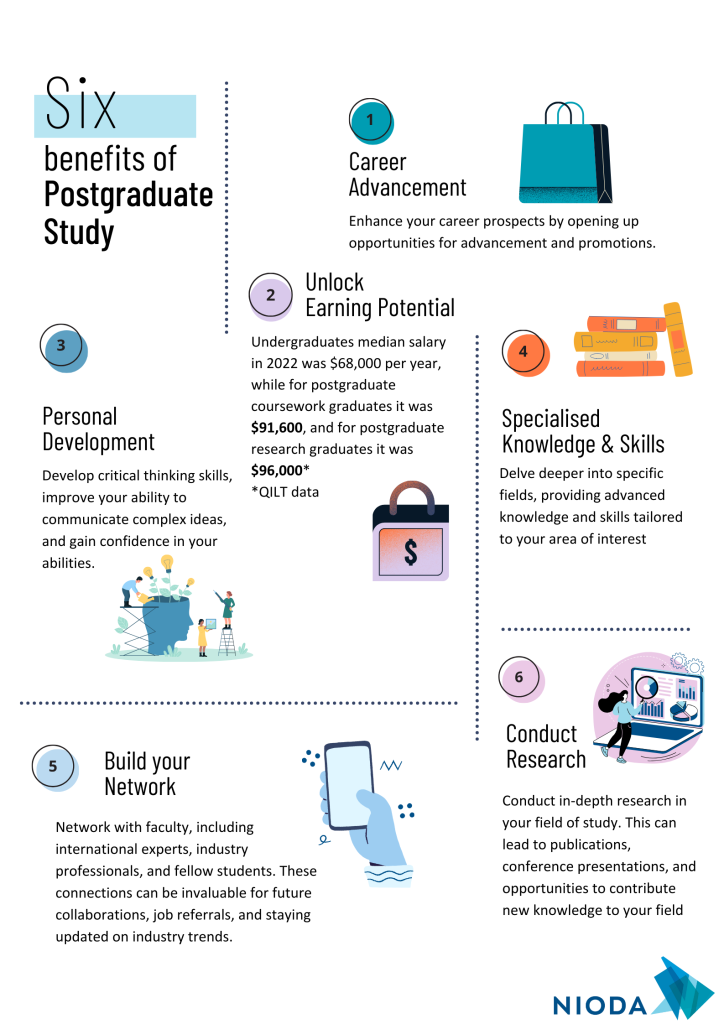

Helen McKelvie
May 2024
Beyond 9 to 5: Exploring Postgrad Studies for Mid-Career Growth



Helen McKelvie
NIODA Director of Leadership Development and Consulting
Helen McKelvie is an alumni of the NIODA Master’s program and is now a member of the academic staff and holds the role of Director, Leadership Development and Consulting. She has previously worked in organisations as an internal planning consultant, policy and project manager, and lawyer in workplaces in both the public and private sectors. Helen has been a staff member on the 2018 group relations conference hosted by Group Relations Australia and was on staff for the 2023 NIODA learning about Authority, Role, and Distributed Leadership in the Hybrid Workplace.
About NIODA
The National Institute of Organisation Dynamics Australia (NIODA) offers internationally renowned post-graduate education and research in organisation dynamics, and decades of experience consulting with Australian organisations.
The study of organisation dynamics brings together socio-technical and psychoanalytic disciplines to explore the unconscious dynamics that exist in every group, team or organisation. Learning more about these theories, and reflecting on the experience of them, can support leaders and managers to unlock great potential in their organisations, tackling issues through a whole new light.
PO Box 287, Collins Street West,
Melbourne 8007 Australia
+61 (0) 414 529 867
info@nioda.org.au
NIODA acknowledges the Kulin Nations, and respective Traditional Custodians of the lands we work on.
We pay our respects to Elders past and present, and recognise their enduring sovereignty which has, and continues to, care for Country.
NIODA welcomes the Uluru Statement from the Heart’s invitation to walk with Aboriginal and Torres Strait Islander peoples in a collective movement for a better future.

